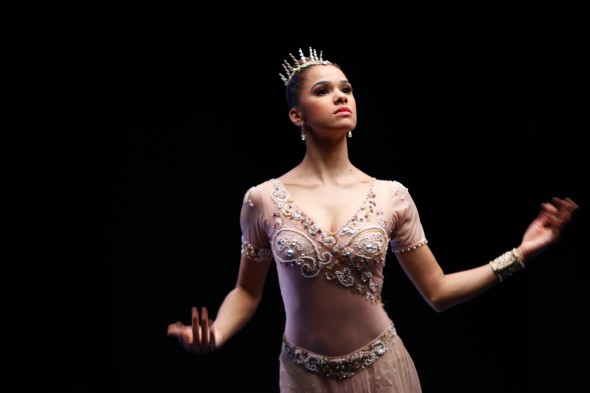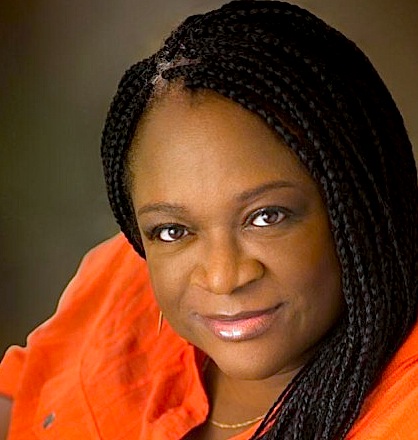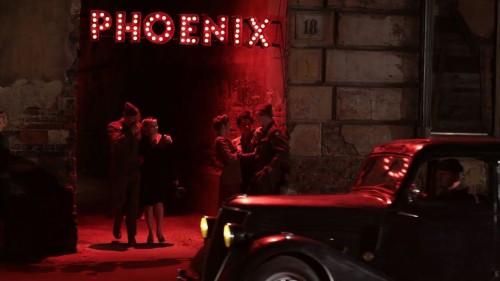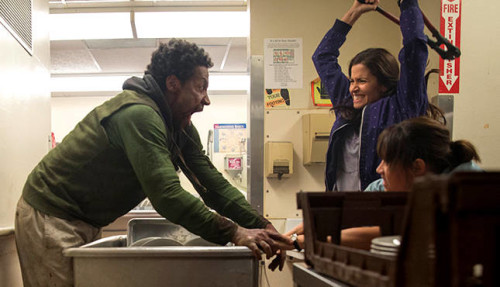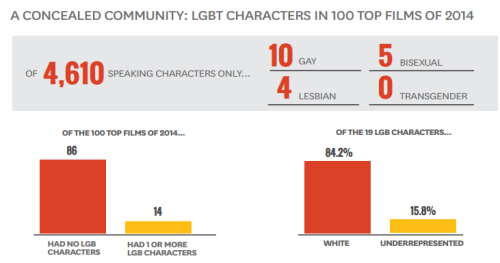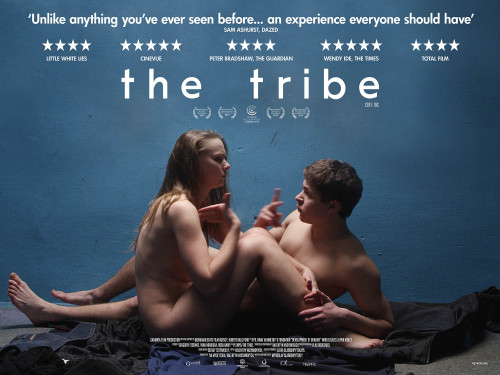‘A Ballerina’s Tale’: Misty Copeland in Good Times and Bad
Misty Copeland, the focus of the new documentary, ‘A Ballerina’s Tale’ (which is directed by Nelson George and started its run in theaters this week) was recently promoted to principal dancer with the American Ballet Theater and with her viral Under Armour commercial (which had a nice body-diversity message)–as well as an autobiography and talk show appearances–might turn into a ballerina the general public knows and loves, the first in decades.
